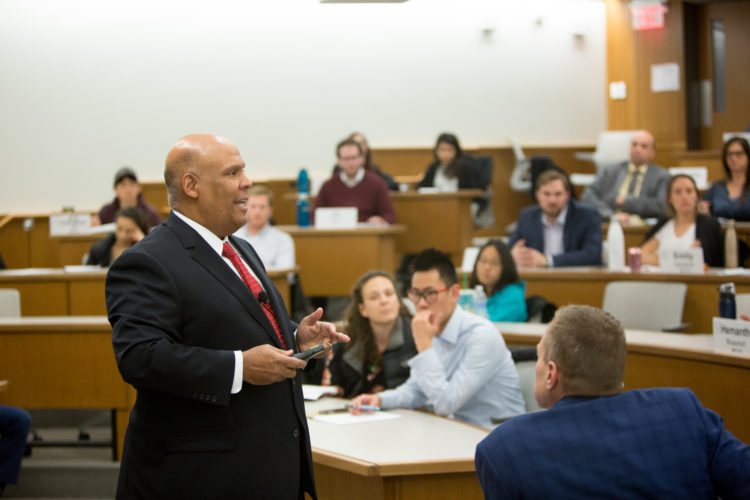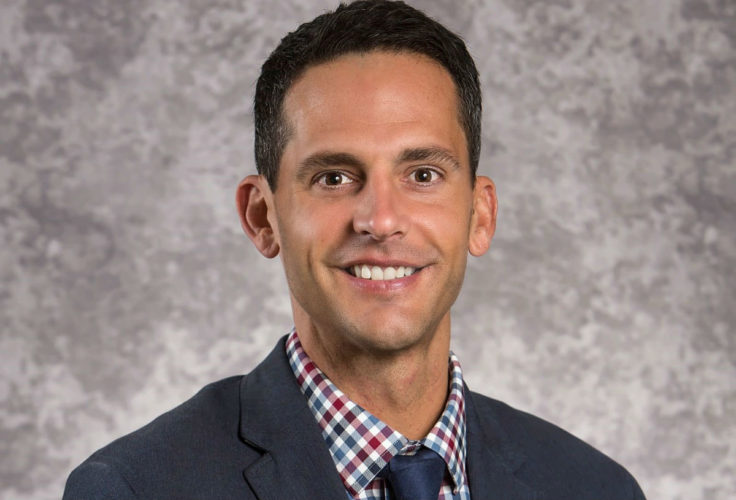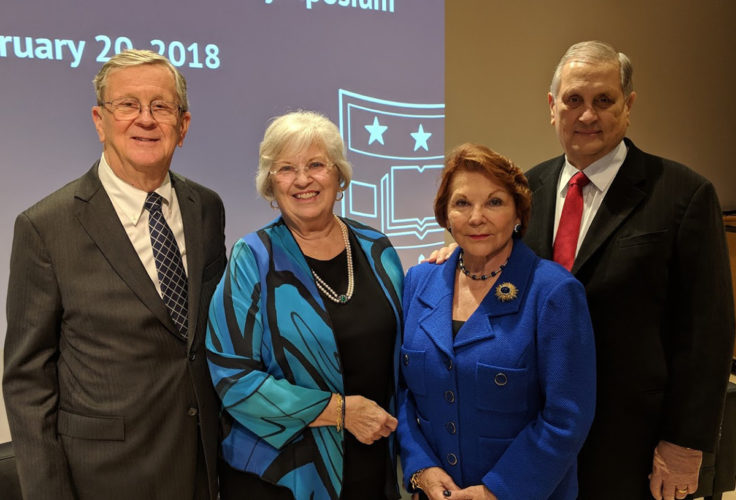Written by Ross J. Brown, BSBA 2018, on behalf of Bauer Leadership Center.
Treat others the way you want to be treated. Do right by the organization. Stick to your values. Don’t be afraid to speak up. Last Thursday, Michael Holmes imparted his lessons of leadership during his presentation at Olin’s Defining Moments course.
Holmes is chairman and founder of Rx Outreach. This nonprofit company focuses on providing medicine to individuals who cannot afford it. Since its inception in 2010, after originally being a part of Express Scripts, the company has been able to provide 670 medication strengths, by more than 70 employees, serving more than 210,000 patients. Rx Outreach patients have saved than $320 million.
Throughout his career, Holmes has worked at variety of companies and in executive positions with Edward Jones and Express Scripts.
With his charismatic personality, Holmes’ presentation captivated the audience with his story of success—and mistakes—that allowed students to understand his underlying points of respect, values, and reflection. With consistent excellence in his career path, he was also able to demonstrate consistent and equal respect to all his coworkers—from secretaries to superiors.
This equal respect came from his religious beliefs, which he also proudly speaks about. I find this impressive. Religion can be a controversial topic, but Holmes is confident enough in himself and who he is to share this part of his background with others.
Finally, Holmes mentioned that he believes we should “enjoy every step of the journey”—enjoy every victory, learn from mistakes, and ultimately, have fun. The time spent with Michael Holmes was inspiring and enjoyable as we learned how to become better employees, better leaders, and overall better people in and out of the work place.










